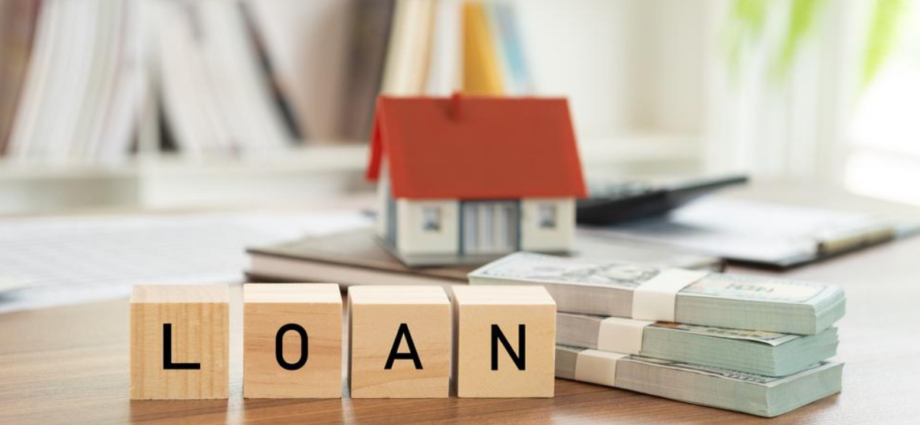When you compare the different home loan offers, from different lenders, you may invariably consider the interest rate. But, do you know the factors that affect the interest rate? Read on to find out.
Today, the easy availability of home loans has made it possible for the common people to accomplish their dream of buying a new home. While there are plenty of lenders that offer home loans, people generally prefer the ones with the lowest interest rate.
The interest levied by the lender has a direct impact on the EMI amount and the affordability. The lenders determine the home loan interest rates based on a few critical factors, which are discussed below:
- The amount you borrow
One of the critical factors that affects the home loan interest rates is the loan amount you apply. Most of the lenders in India, follow the rule of thumb, higher the loan amount, higher the interest. However, the interest charged may vary from lender to lender for the same amount. So, it is vital that you compare the offers from different lenders, and choose the one that offers the loan at an affordable interest so that you can easily repay the amount without any hassles.
- The loan duration
The loan duration is essentially the repayment period you have. Generally, the lenders offer short-term loans at a lower interest rate and vice-versa. However, if you apply for a short-term home loan, you must be ready to pay the high EMIs.
So, if you can afford to pay high EMI every month, you can apply for a loan with a shorter duration. This would help you save a significant amount on the overall interest cost. Also, you can be debt-free faster. It is advisable to use the online tools like home loan EMI calculator to determine the exact EMI you must pay for the specified tenure and decide the duration accordingly so that the EMI is affordable.
- Type of interest charged
Most home loan lenders charge two types of interest – fixed interest and floating interest. As the name suggests, in fixed interest home loans, the interest rate is determined at the time of loan approval and it remains unchanged for a specific number of years.
In floating interest rate, the interest varies based on the external factors like changes in the government policies, and market condition. If the RBI lowers the interest rate, then the interest on your home loan will be lesser and vice-versa.
Many experts recommend home loan borrowers to choose a floating interest rate as it tends to be cheaper than fixed-rate home loans in the long run.
- The age and location of the property
Another critical factor that affects the home loan interest rates is the location of the property. If the property that you wish to buy is in a remote location where the infrastructure and connectivity is poor, you may have to pay a higher interest. However, if the property is in a prime location, with good amenities and infrastructure facilities, the interest rate may be lower.
The same logic applies to the property’s age. If the property is old, the lender may consider it as a high-risk property and charge a higher interest.
- Profession
Generally, the lenders charge a lower interest to salaried employees as they have a regular and stable income. Among the salaried employees, the lenders generally prefer people who are employed with a reputed organisation or in a government undertaking. On the other hand, the employers charge higher interest rates to self-employed professionals mainly because of their unstable income.
Final Word
Before you start comparing the loan offers from different lenders, knowing the factors that impact the interest rate will help you make an informed borrowing decision.

